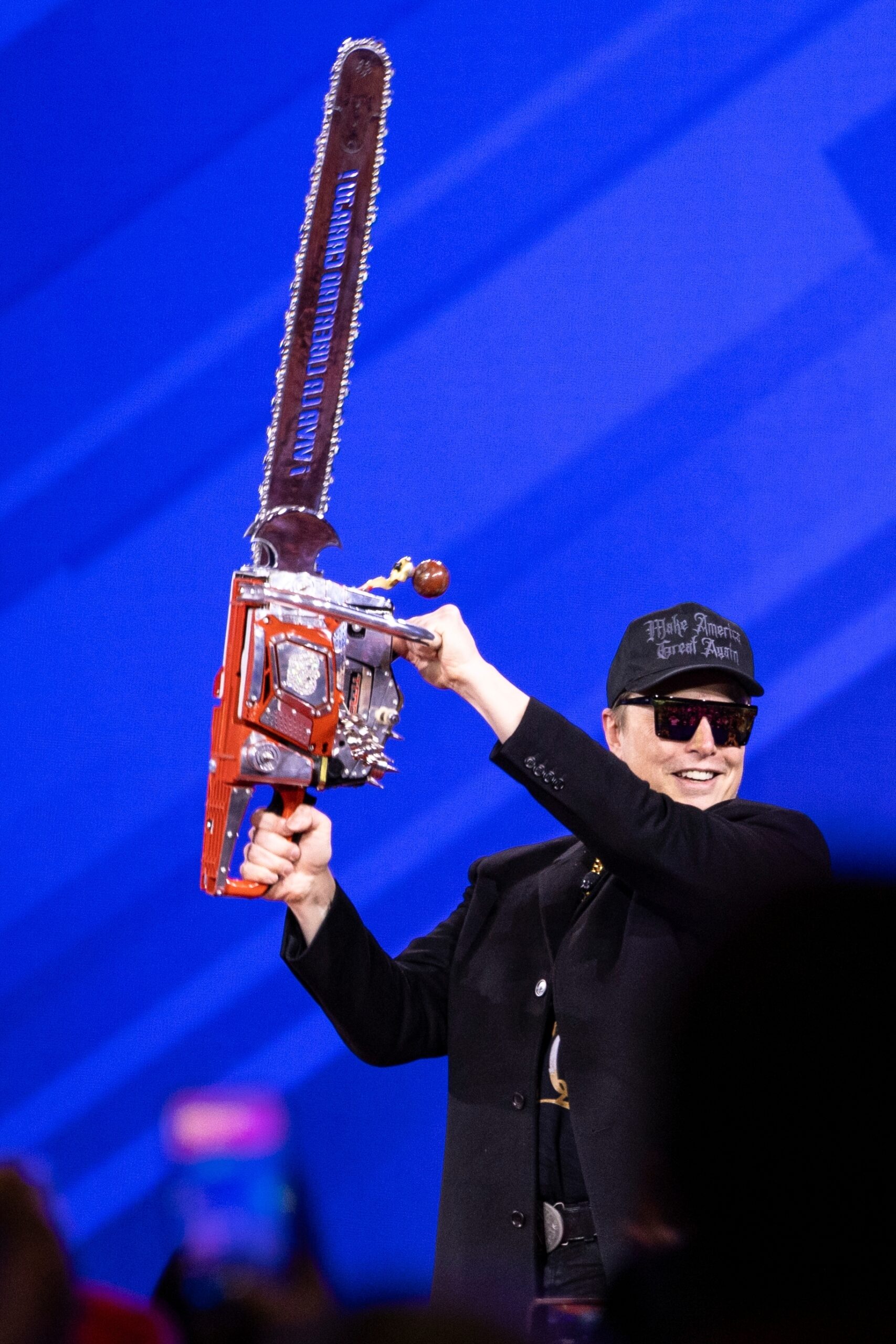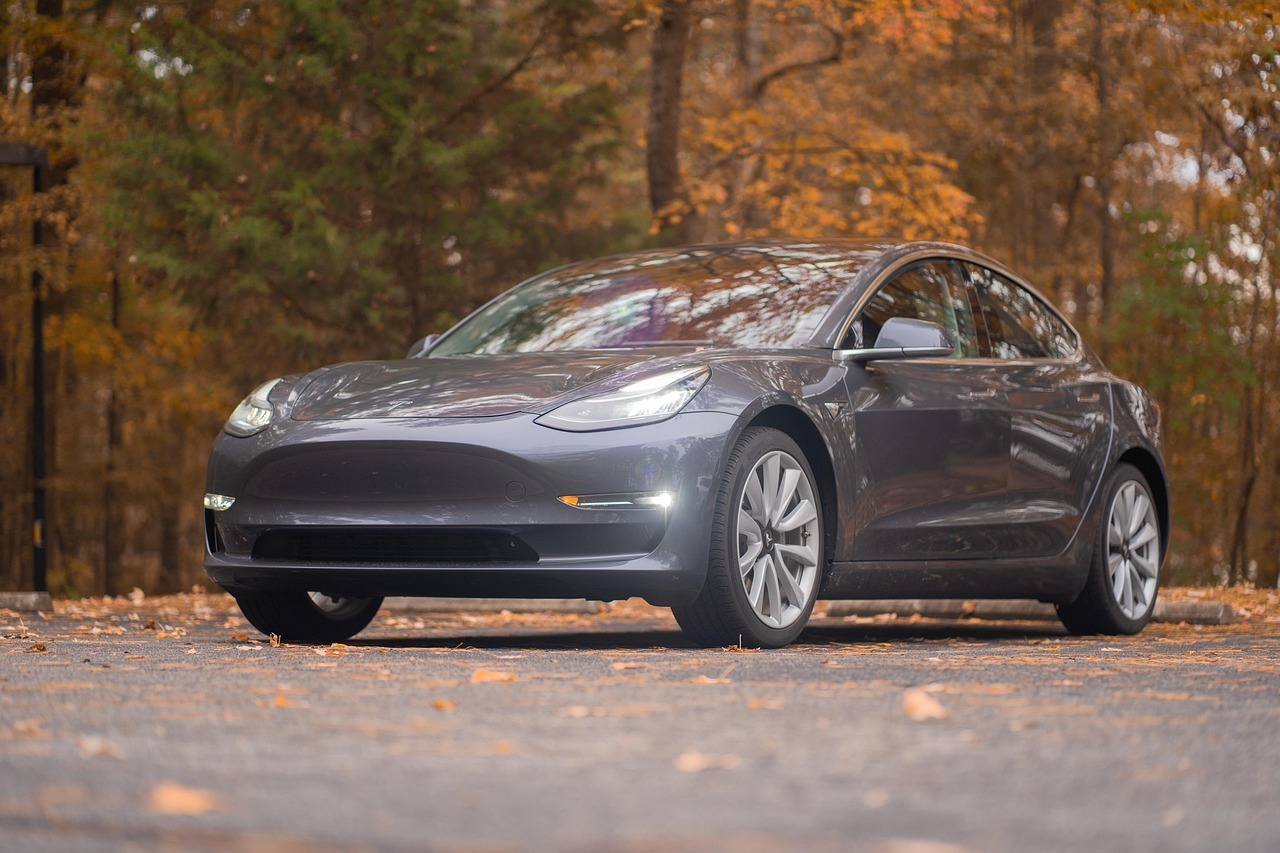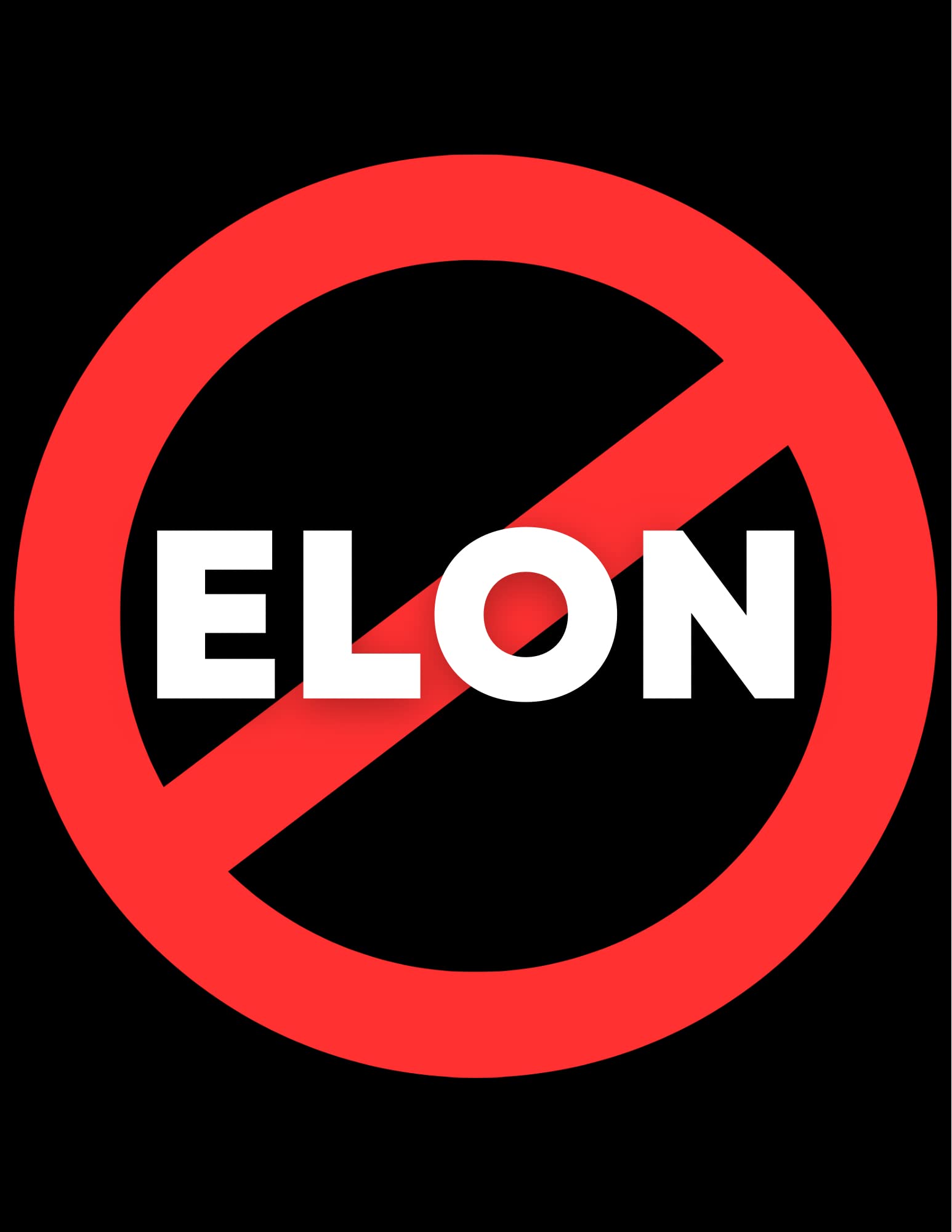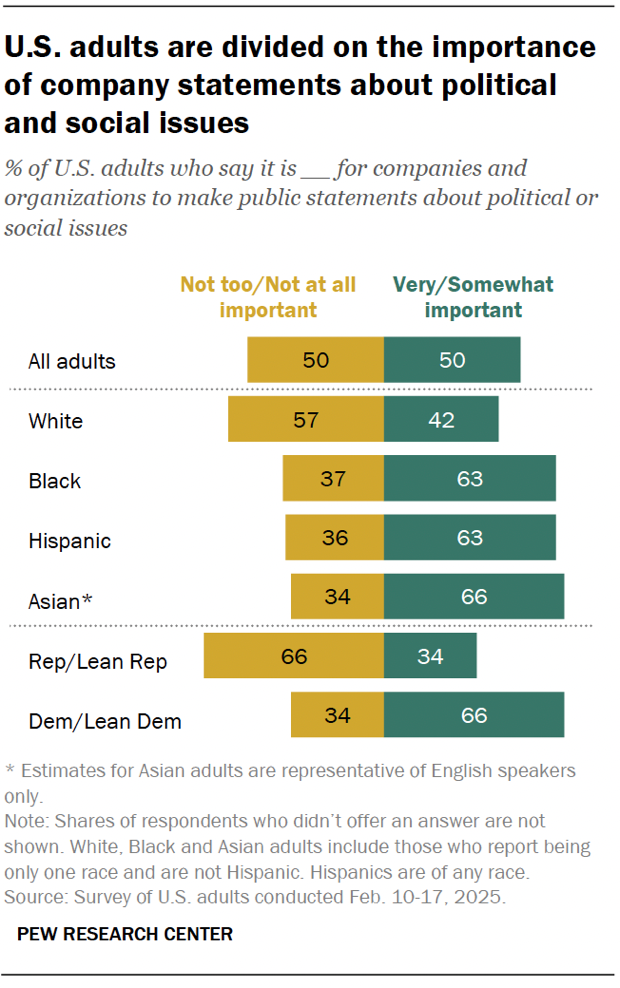
Politics on the radio has a long history, supercharged by the late Rush Limbaugh and the many who have followed his example over the last several decades.
As for everyone else—that is, personalities on non-talk stations—most programmers, managers, researchers, and consultants are in lock-step agreement: talking politics is likely to be toxic.
 And now we’re learning that even when a well-known, popular person goes down the political rabbit hole, there may be no coming back. In fact, the new poster boy for not going political is the ubiquitous Elon Musk. His Tesla electric vehicles were once thought of as the pinnacle of American innovation—and the epitome of cool. In fact, the data shows Tesla once trounced the rest of the automotive industry in the highly desirable and impressive category of brand loyalty—those who would buy the same brand of vehicle the next time around.
And now we’re learning that even when a well-known, popular person goes down the political rabbit hole, there may be no coming back. In fact, the new poster boy for not going political is the ubiquitous Elon Musk. His Tesla electric vehicles were once thought of as the pinnacle of American innovation—and the epitome of cool. In fact, the data shows Tesla once trounced the rest of the automotive industry in the highly desirable and impressive category of brand loyalty—those who would buy the same brand of vehicle the next time around.
Not anymore.
A recent story in Reuters is revealing about Tesla’s fall from grace during just the first month or two of this year. S&P data tells the story. It turns out from Q4 2021 through Q3 2024, more than 60% of the brand’s owners purchased another Tesla the next time they were in the market for a new car.
of this year. S&P data tells the story. It turns out from Q4 2021 through Q3 2024, more than 60% of the brand’s owners purchased another Tesla the next time they were in the market for a new car.
But when Musk became a key player in Trump’s second administration through DOGE, that changed. In fact since February, Tesla is gaining fewer than two households versus every one it loses to various competitors—its worst numbers ever.
And several other auto brands are now attracting more Tesla customers than they lose to Musk’s brand. They include upstarts Rivian and Polestar, along with established brands like Porsche and Cadillac.
This defection is dramatic, and it underscores the idea that even an innovative billionaire like Musk has the ability to offend millions of his own customers and/or those who once held the entrepreneur and its vehicles in such high esteem.

Version 1.0.0
On my recent trip to Austin, I spotted Teslas with those “anti-Elon” bumperstickers on the back, an indicator of attempting to rationalize the purchase (or lease) of the vehicle itself. These mini-political statements on the back of Teslas has become a way for apologetic owners to perhaps rationalize or excuse their choice in vehicles or perhaps to explain their politics.
Can a brand recover when its leader—its “face”—has perceptions that are so polarizing and so well formed? While some may doubt Musk can turn his brand around, Brian Mulberry, a client portfolio manager at Tesla investor Zach Investment Management, says the company will be just fine in the long haul. Mulberry believes Tesla can pivot to adjacent businesses, including robotaxis, already operating in markets like Austin, with plans to expand to the San Francisco Bay Area.
He adds that Tesla will also be able to market the company’s autonomous technology and related innovations to other companies and investors eager to break into this transportation sector.
Overall, how do consumers feel about whether companies—and their leadership—should make political/social issues in the first place? A new study from the Pew Research Center confirms what you probably suspect—Americans are divided on this issue (just like they’re divided on pretty much everything else).
While ethnic minorities and Democrats are most apt to see importance in getting political, whites and Republican are least likely to view the world this way. The fact there’s an actual 50:50 split among all adults only serves to emphasize the pitfalls of injecting politics into the conversation:

There’s also the fatigue factor. Our Public Radio Techsurveys, in particular, clearly show growing fatigue with the incessant political conversation, infusing just about every aspect of the news cycle. In addition to alienation, many seem “up to here” with even the topics, not to mention the conversation. When even cars become political, what does this say about the state of our discourse?
Bottom line? Political statements by talent (or heads of companies) are not recommended. Whenever the wealthiest and perhaps most powerful CEO of a once-high-regarded company is in the crosshairs, the brand suffers accordingly.
Even Elon Musk and his billions can’t stop it.
Originally published by Jacobs Media








